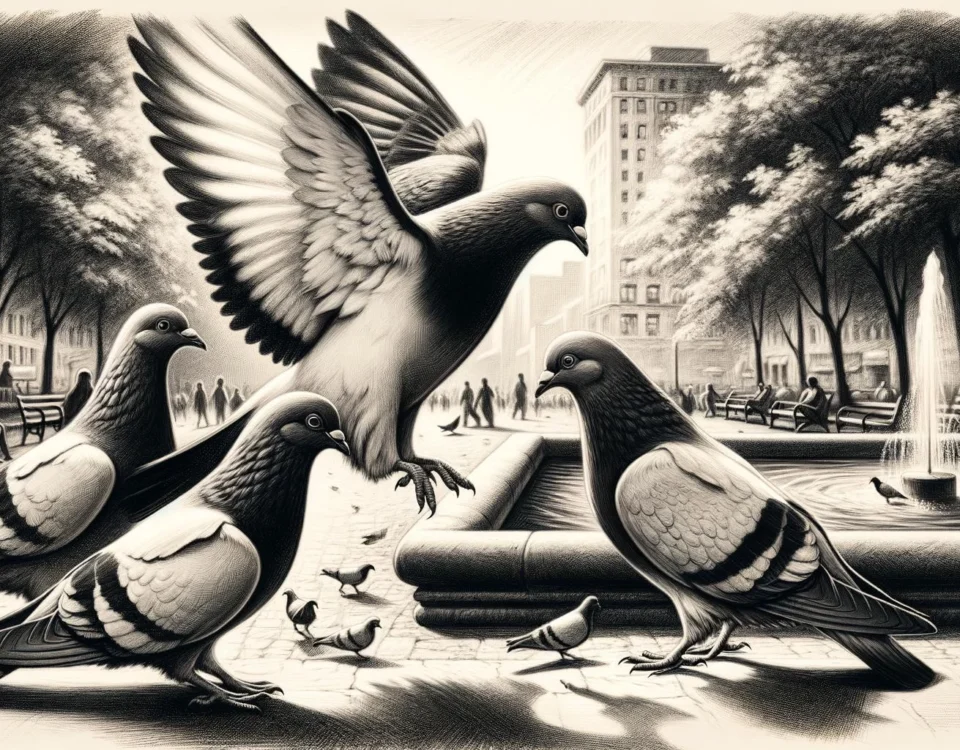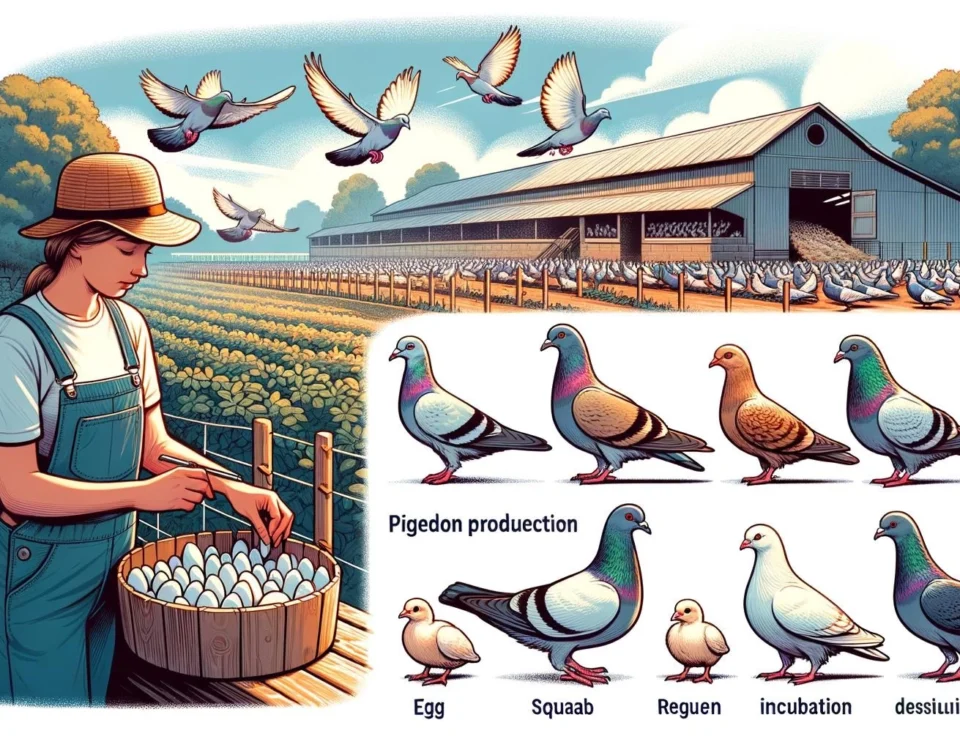Utility pigeons, also known as homing pigeons, have played a crucial role in various industries and military operations throughout history. These remarkable birds have been selectively bred and trained to perform specific tasks for human use, such as carrying messages, participating in racing events, and even guiding missiles in wartime. However, as with any breeding practice involving animals, the ethics of breeding utility pigeons raise important questions. In this article, we will explore the ethics of breeding utility pigeons from various perspectives.
Key Takeaways
- Utility pigeons, also known as homing pigeons, have been selectively bred and trained to perform specific tasks for human use.
- The ethics of breeding utility pigeons involve considerations of their well-being, health, and the purpose for which they are bred.
- Breeding utility pigeons for specific tasks should prioritize the welfare of the birds and avoid practices that may compromise their physical and mental health.
- Responsible breeding practices include ensuring proper care, adequate living conditions, and avoiding excessive inbreeding.
- Ethical concerns also include the use of utility pigeons in competitive events and the potential impacts on their well-being.
Importance of Animal Welfare in Breeding Utility Pigeons
When discussing the ethics of breeding utility pigeons, it is essential to prioritize animal welfare. Breeding practices should aim to promote the well-being of the birds and ensure their physical and mental health. This includes providing them with proper nutrition, appropriate living conditions, and access to veterinary care.
Inbreeding, while common in pigeon breeding, can lead to a variety of health issues and reduced genetic diversity. Responsible breeders should strive to avoid excessive inbreeding and maintain a genetically diverse population of utility pigeons. This helps prevent the expression of harmful genetic traits and promotes the overall health and vigor of the birds.
Additionally, breeders should provide utility pigeons with adequate exercise opportunities and mental stimulation. These birds are highly intelligent and require mental and physical engagement to thrive. Enriching their environment and allowing them to engage in natural behaviors, such as flying and socializing, is crucial for their well-being.
Ethics of Competitive Events Involving Utility Pigeons
Utility pigeons are often used in competitive events, such as pigeon racing. While these events can be exciting and engaging, ethical concerns arise when the well-being of the birds is compromised for the sake of competition.
It is crucial to ensure that the racing conditions are safe for the pigeons and do not subject them to unnecessary risks. Long-distance races, for example, can put significant physical strain on the birds and may lead to exhaustion or injuries. Responsible event organizers should prioritize the health and well-being of the birds, implementing measures to minimize the potential harm they may experience during races.
Transparency and accountability are also important in competitive events involving utility pigeons. Participants and organizers should be clear about the rules and regulations, ensuring fairness, and avoiding practices that could compromise the welfare of the birds.
Balancing the Purpose and Welfare of Utility Pigeons
When breeding utility pigeons, it is essential to strike a balance between their purpose and their welfare. While these birds have been selectively bred for specific tasks, their well-being should not be overlooked in the pursuit of achieving desired traits or performance.
Responsible breeders should prioritize the health and happiness of utility pigeons, ensuring that their physical and mental needs are met. Breeding practices should focus on producing healthy offspring that can fulfill their intended purpose while leading fulfilling lives.
Ultimately, breeding utility pigeons ethically requires a deep understanding of their natural behaviors, their specific needs, and a commitment to their well-being. By considering the birds’ welfare, promoting genetic diversity, and ensuring proper care, breeders can contribute to the ethical breeding of utility pigeons.









